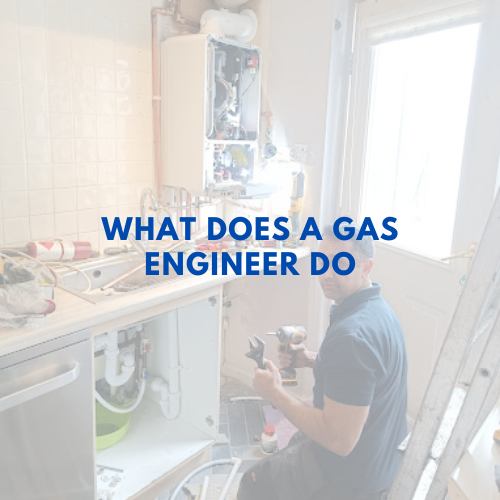A gas engineer is a qualified professional responsible for working on gas appliances, systems, and central heating units. They are trained to install, maintain, and repair equipment such as boilers, cookers, and gas fires safely.
Their role includes diagnosing faults, carrying out repairs, and conducting regular servicing to ensure systems operate efficiently. They work with both natural gas and LPG systems, depending on the property and its setup.
All gas engineers must be registered with the Gas Safe Register in the UK. This ensures they are legally certified and trained to handle gas safely and within regulations.
Gas engineers play a vital role in keeping homes warm, especially during the colder months. They ensure central heating systems are reliable and energy-efficient, helping to reduce the risk of breakdowns.
They also provide landlord gas safety checks and issue certificates required by law. This includes inspecting flues, ventilation, and appliance safety to protect tenants.
Customer service is a key part of the job, as engineers regularly work inside people’s homes. Good communication and professionalism are essential to gaining trust and delivering a quality service.
A typical day might involve installing a new boiler, repairing a leaking radiator, or fixing a pilot light that won’t stay on. Each task requires problem-solving skills and attention to detail.
Gas engineers are also on hand for emergency call-outs, responding quickly to restore heat or resolve potentially dangerous situations. Fast action in these moments can prevent further damage or health risks.
They offer guidance on how to use heating systems more efficiently, helping customers save money and prolong the life of their appliances. Education is part of the service.
Overall, a gas engineer is a critical tradesperson who ensures the safe and effective use of gas in homes and businesses. Their expertise helps maintain comfort, safety, and peace of mind for every customer.

WhatsApp us